13 Under-the-Radar Superfoods for Optimal Cholesterol Management
In the quest for optimal health, managing cholesterol levels is a crucial step that cannot be overlooked. While traditional approaches often focus on medication and exercise, recent studies have illuminated the powerful role that diet plays in this journey. This guide delves into the world of under-the-radar superfoods that can significantly boost your wellbeing by managing cholesterol levels effectively. These superfoods, often overlooked, offer a treasure trove of nutrients and health benefits that can transform your approach to heart health. By integrating these foods into your daily routine, you can embark on a path to improved health with natural, flavorful, and accessible options. This comprehensive guide will explore 13 lesser-known superfoods, each with unique properties that contribute to cholesterol management, offering you a holistic and sustainable way to enhance your wellbeing.
1. Understanding Cholesterol: The Basics

Before diving into the world of superfoods, it's essential to understand what cholesterol is and why it matters. Cholesterol is a waxy substance found in your blood, necessary for building healthy cells. However, high levels of cholesterol can increase the risk of heart disease. It's crucial to differentiate between good (HDL) and bad (LDL) cholesterol, as maintaining a balance between them is vital for heart health. While LDL is known for its role in clogging arteries, HDL helps remove cholesterol from the bloodstream.
2. The Role of Diet in Cholesterol Management

Diet plays a pivotal role in managing cholesterol levels. Consuming foods rich in saturated fats and trans fats can elevate LDL cholesterol, while those high in fiber and healthy fats can enhance HDL cholesterol. By understanding the relationship between diet and cholesterol, you can make informed decisions that support your wellbeing. This knowledge sets the stage for exploring the specific superfoods that can aid in cholesterol management, offering a natural and effective approach to maintaining heart health.
3. The Power of Plant Sterols: Nature’s Cholesterol Blockers

Plant sterols are naturally occurring substances found in small amounts in many plant-based foods. They have a structure similar to cholesterol and can help block the absorption of cholesterol in the intestines, effectively lowering LDL cholesterol levels. By incorporating foods rich in such nutrients into your diet, you can harness the power of plant sterols to support your cholesterol management efforts naturally.
4. The Unsung Hero: The Benefits of Fenugreek
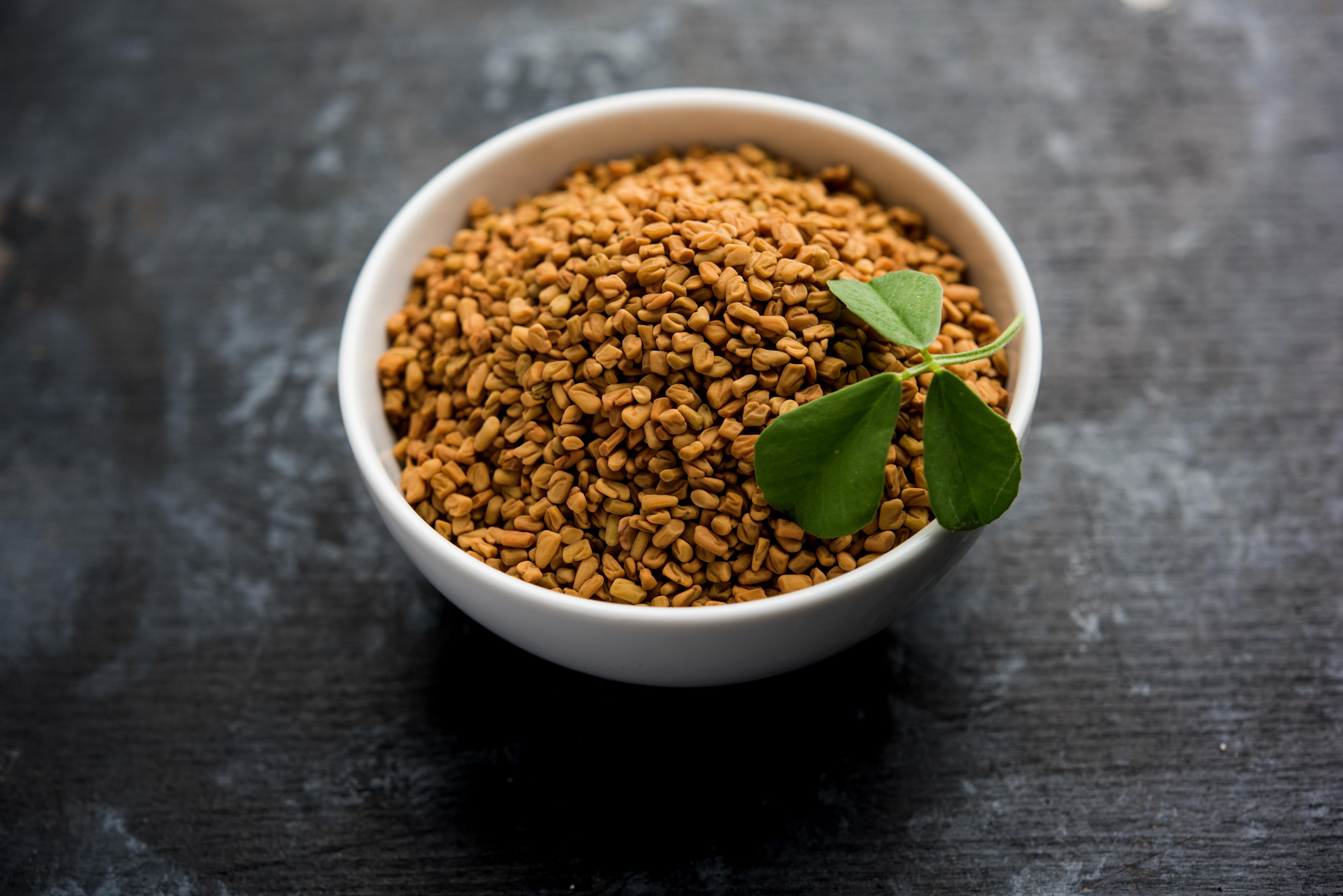
Fenugreek, a lesser-known spice, has been used traditionally for its medicinal properties. Recent studies have shown that fenugreek can significantly reduce cholesterol levels due to its high fiber content and presence of saponins, which help lower LDL cholesterol. These saponins work by reducing the absorption of cholesterol in the intestines, effectively lowering levels of LDL—or "bad"—cholesterol in the bloodstream. By incorporating fenugreek into your diet, whether through seeds, powder, or supplements, you may support better cardiovascular health in a natural and accessible way.
5. Seaweed: The Ocean’s Gift to Heart Health
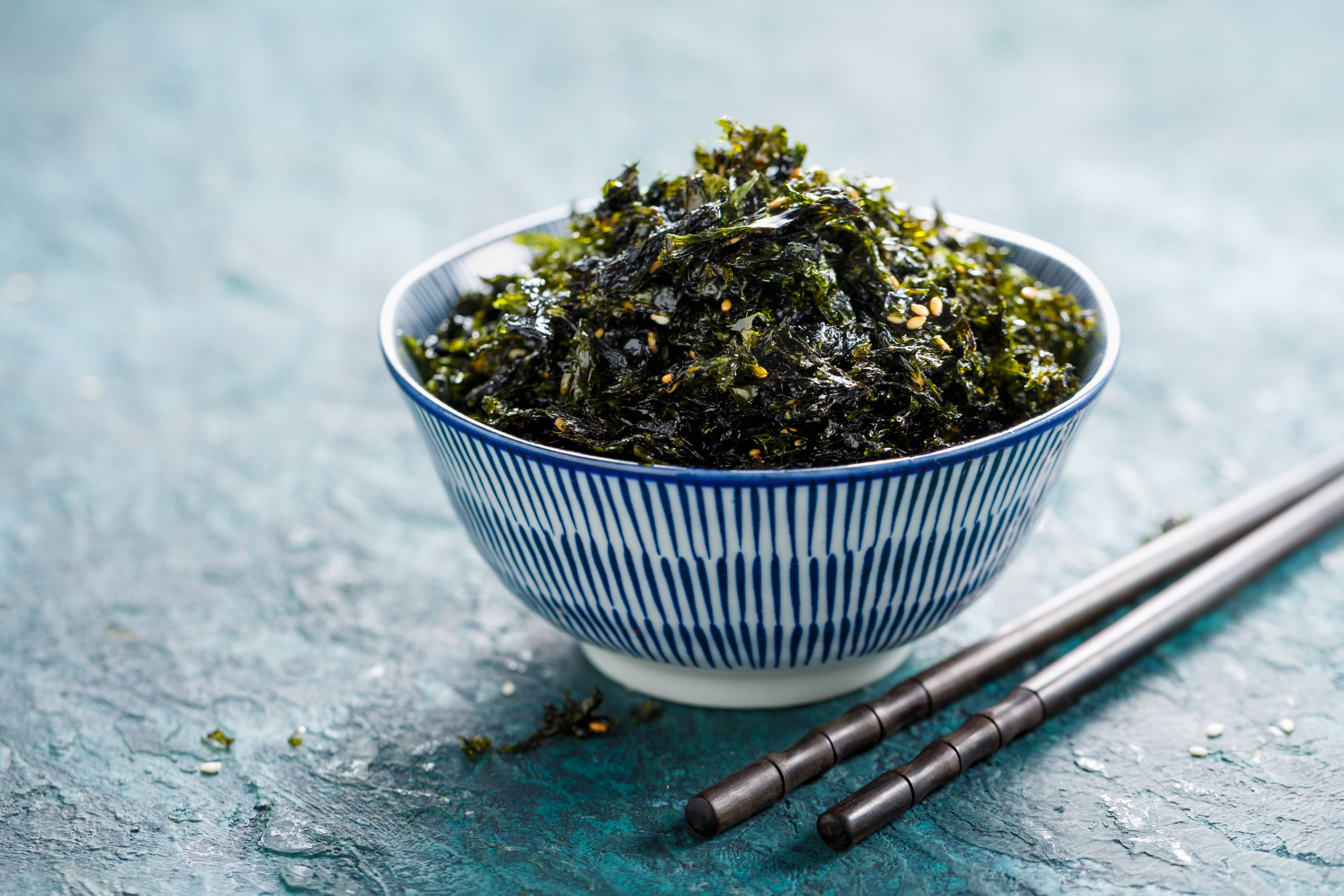
Seaweed is a nutrient-dense food that offers a plethora of health benefits, including cholesterol management. Rich in fiber, antioxidants, and omega-3 fatty acids, seaweed can help reduce LDL cholesterol levels and support overall heart health. Its rich supply of antioxidants combats oxidative stress, a key contributor to heart disease, while the presence of plant-based omega-3 fatty acids further supports heart health by reducing inflammation and improving blood lipid profiles. Regular inclusion of seaweed in the diet—whether in salads, soups, or snacks—can be a natural and effective way to support cholesterol management and overall cardiovascular function.
6. The Mighty Moringa: A Nutrient Powerhouse
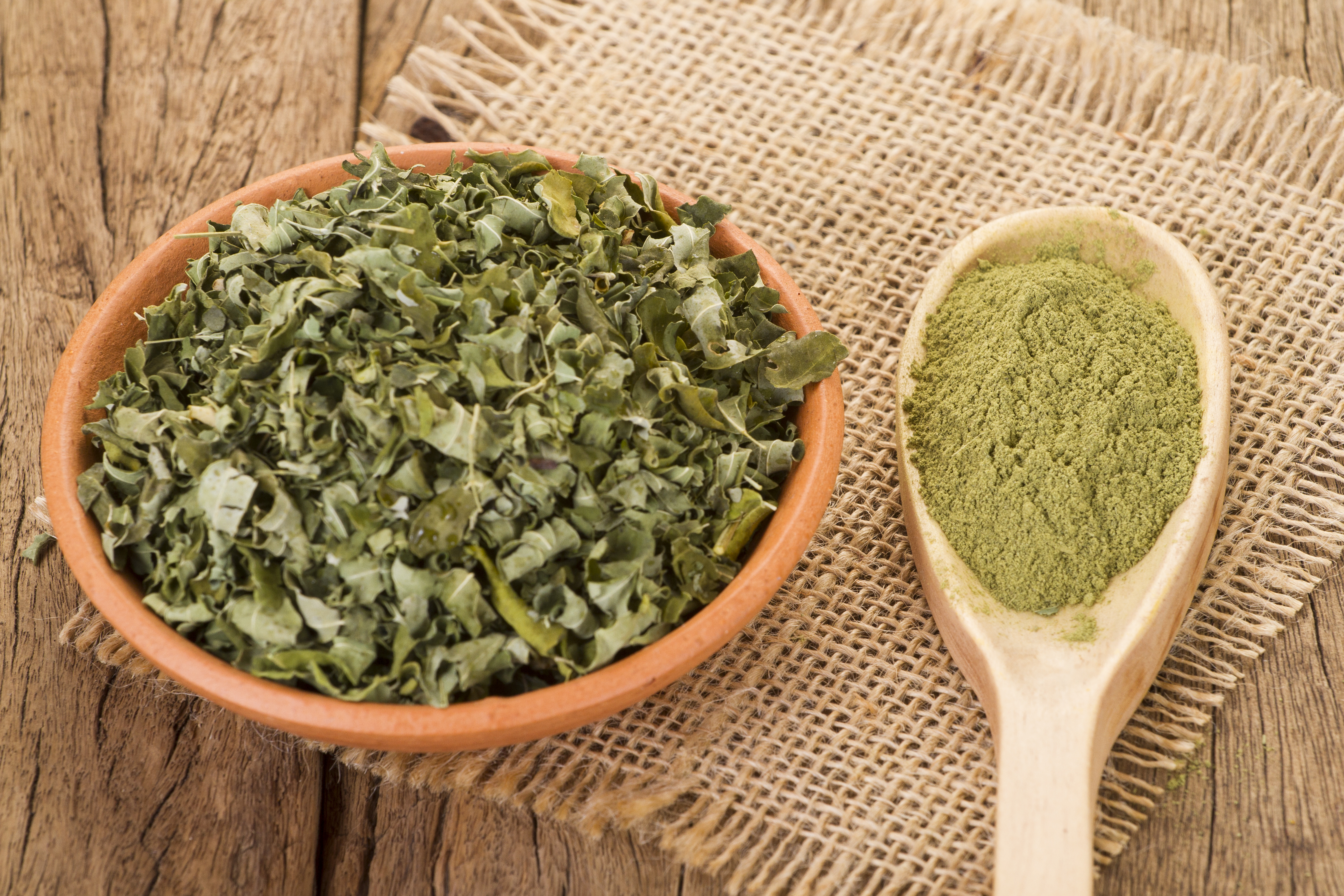
Moringa, often referred to as the "miracle tree," is a nutrient-rich plant that has gained popularity for its numerous health benefits. Packed with vitamins, minerals, and antioxidants, moringa has been shown to lower cholesterol levels and support heart health. Its leaves are rich in essential vitamins (such as A, C, and E), minerals like calcium and potassium, and a host of powerful antioxidants. Studies have shown that moringa can significantly reduce cholesterol levels, particularly LDL cholesterol, thanks to its bioactive compounds such as polyphenols and plant sterols. These compounds help prevent the buildup of plaque in arteries and improve overall lipid profiles, making moringa a valuable ally in promoting cardiovascular health. Whether consumed as a powder, tea, or added to meals, moringa offers a potent, plant-based approach to heart-friendly nutrition.
7. The Magic of Mushrooms: Nature’s Cholesterol Fighters

Mushrooms are a versatile and nutritious food that can play a significant role in cholesterol management. Rich in fiber, antioxidants, and beta-glucans, mushrooms have been shown to lower LDL cholesterol levels and support heart health. These compounds work by reducing cholesterol absorption in the gut and enhancing its excretion from the body, leading to improved lipid profiles over time. Additionally, certain varieties like shiitake and oyster mushrooms contain natural statin-like compounds that may further contribute to cholesterol reduction. With their low calorie content and savory flavor, mushrooms are an easy, heart-friendly addition to a wide range of meals.
8. The Versatility of Avocado: A Heart-Healthy Fat
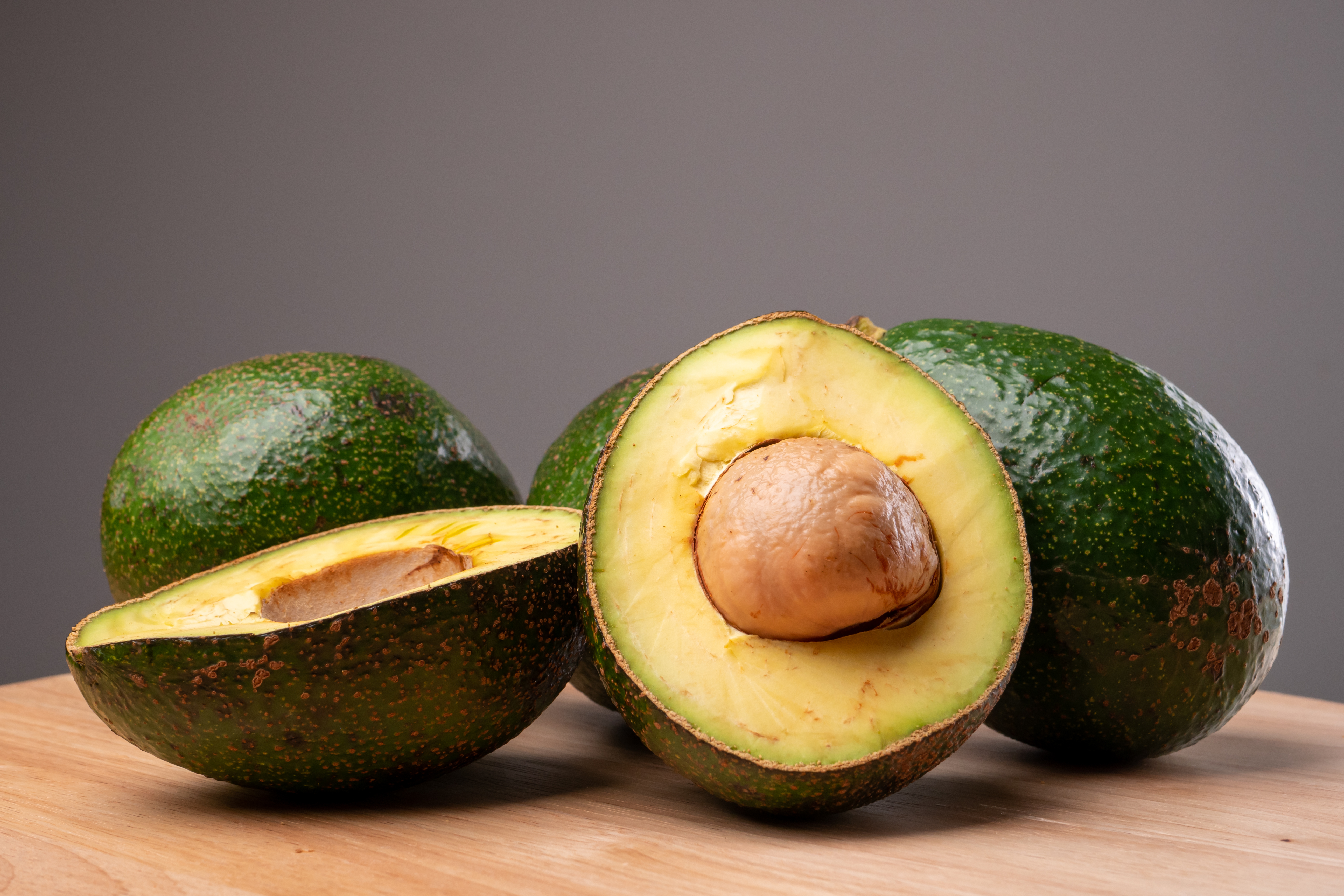
Avocado is a popular superfood known for its heart-healthy monounsaturated fats, which can help lower LDL cholesterol levels and increase HDL cholesterol. In addition to healthy fats, avocados are rich in fiber, potassium, and antioxidants like lutein, all of which contribute to cardiovascular health. The fiber helps reduce cholesterol absorption in the gut, while potassium supports healthy blood pressure levels. Regular consumption of avocado has been linked to improved lipid profiles and reduced risk of heart disease, making it a delicious and nutrient-dense choice for those looking to support their heart through diet.
9. The Surprising Benefits of Artichokes
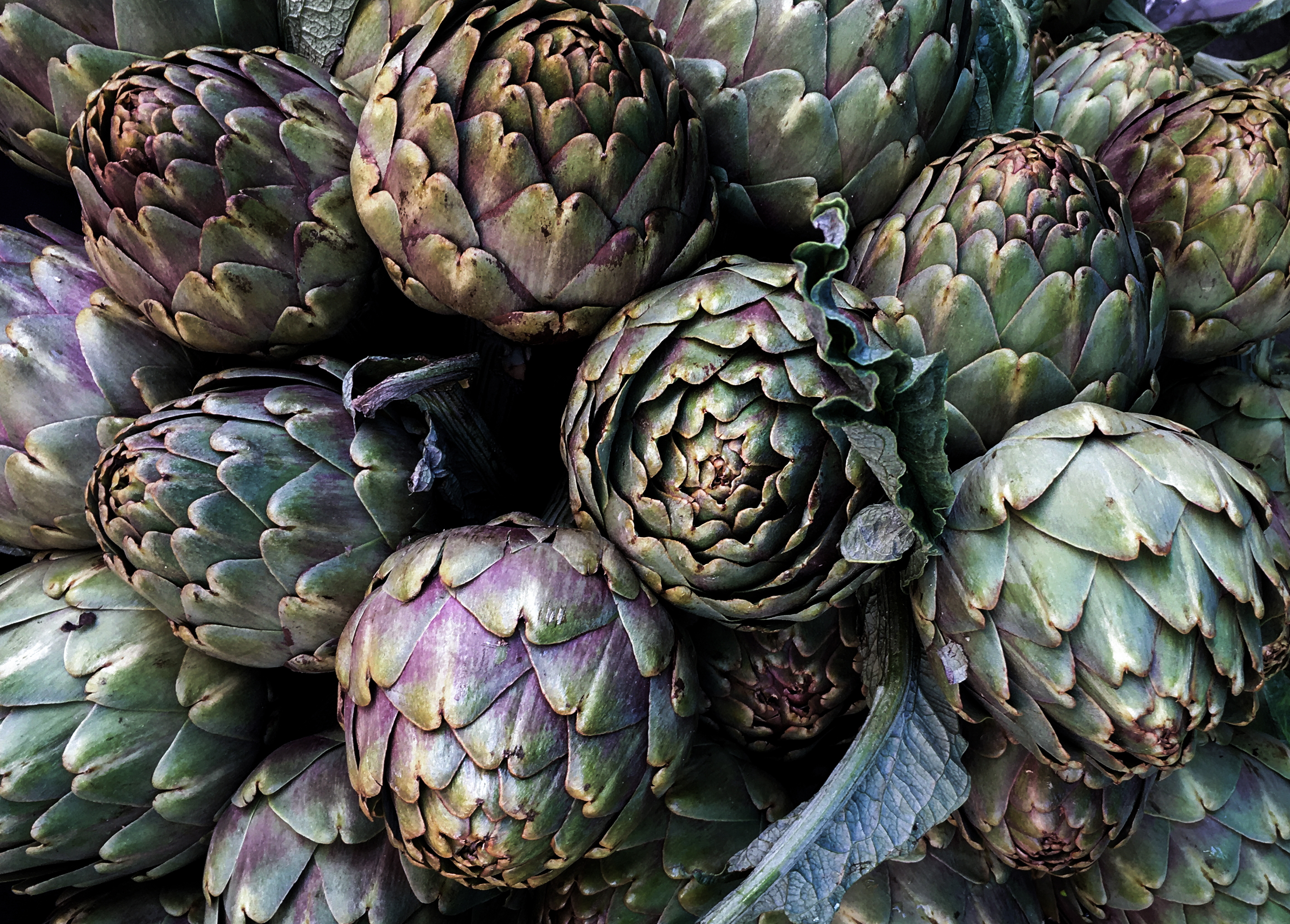
Artichokes are a nutrient-dense vegetable that offers numerous health benefits, including cholesterol management. Rich in fiber, antioxidants, and cynarin, artichokes can help lower LDL cholesterol levels and support overall heart health. Cynarin, a natural compound found primarily in artichoke leaves, is known to stimulate bile production in the liver, which aids in the breakdown and elimination of cholesterol from the body. Combined with their high antioxidant content—which helps reduce oxidative stress on blood vessels—and soluble fiber that blocks cholesterol absorption in the gut, artichokes serve as a powerful, plant-based ally in promoting cardiovascular wellness. Incorporating them into meals, whether roasted, steamed, or blended into dips, offers both flavor and functional health benefits.
10. The Power of Pulses: Lentils and Beans

Pulses, such as lentils and beans, are a rich source of fiber, protein, and essential nutrients, making them a powerful ally in cholesterol management. Pulses, such as lentils and beans, are a rich source of fiber, protein, and essential nutrients, making them a powerful ally in cholesterol management. The high soluble fiber content in pulses helps reduce the absorption of LDL cholesterol in the digestive tract, while their plant-based proteins provide a heart-healthy alternative to animal-based sources that are often high in saturated fats. Additionally, pulses have a low glycemic index, which supports stable blood sugar levels—another factor closely tied to cardiovascular health. Regular consumption of pulses has been linked to improved lipid profiles and a reduced risk of heart disease, making them a valuable staple in a cholesterol-conscious diet.
11. The Unique Benefits of Black Garlic
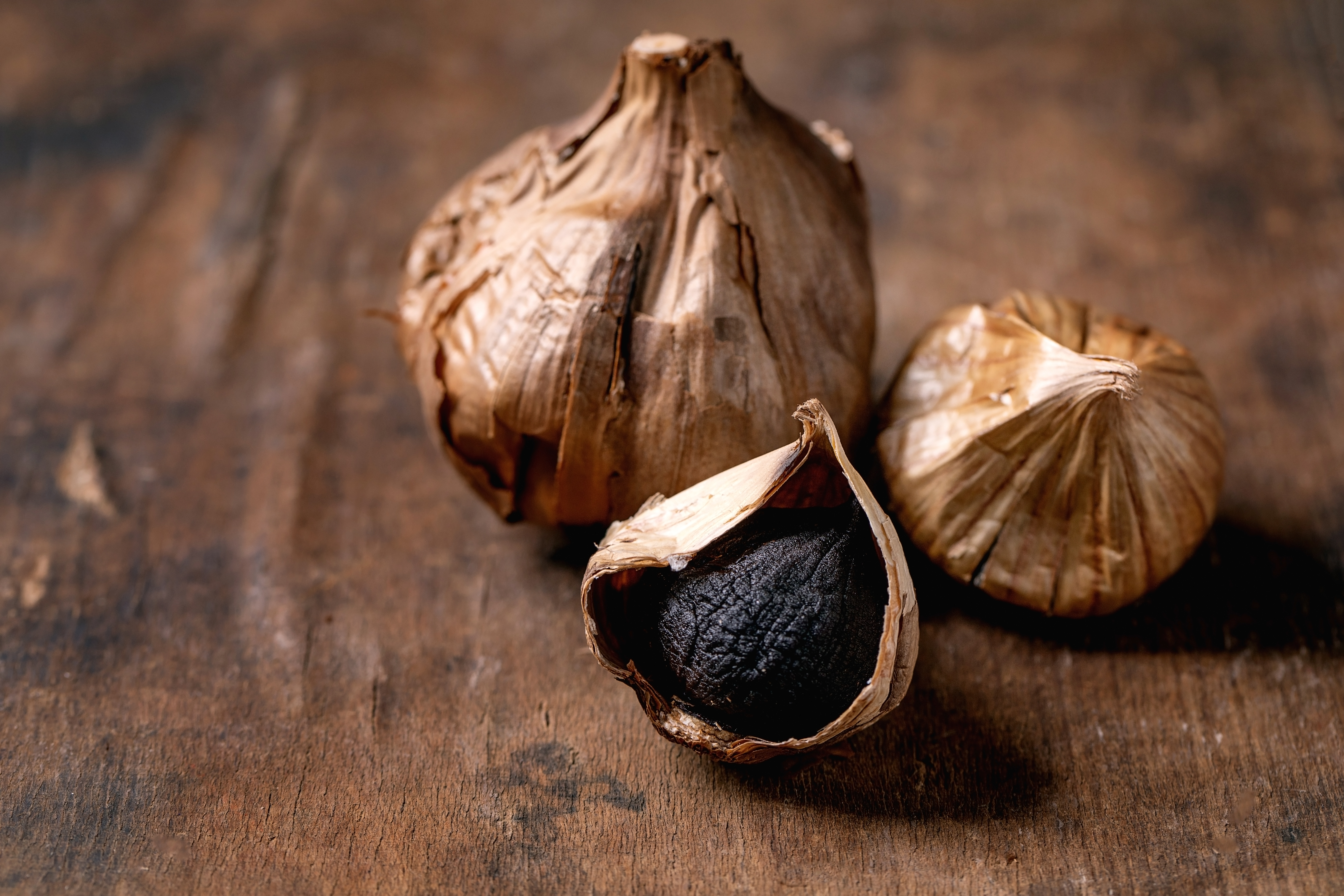
Black garlic, a fermented version of regular garlic, offers unique health benefits, including cholesterol management. Rich in antioxidants and S-allyl cysteine, black garlic has been shown to lower LDL cholesterol levels and support heart health. The fermentation process enhances its antioxidant potency and reduces the harshness of raw garlic, making it gentler on the stomach while retaining its therapeutic properties. S-allyl cysteine, in particular, is known to improve lipid metabolism and reduce oxidative damage to blood vessels, both of which are crucial in preventing atherosclerosis. With its sweet, umami-rich flavor and soft texture, black garlic not only elevates culinary dishes but also serves as a functional food for cardiovascular wellness.
12. The Nutritional Power of Flaxseeds
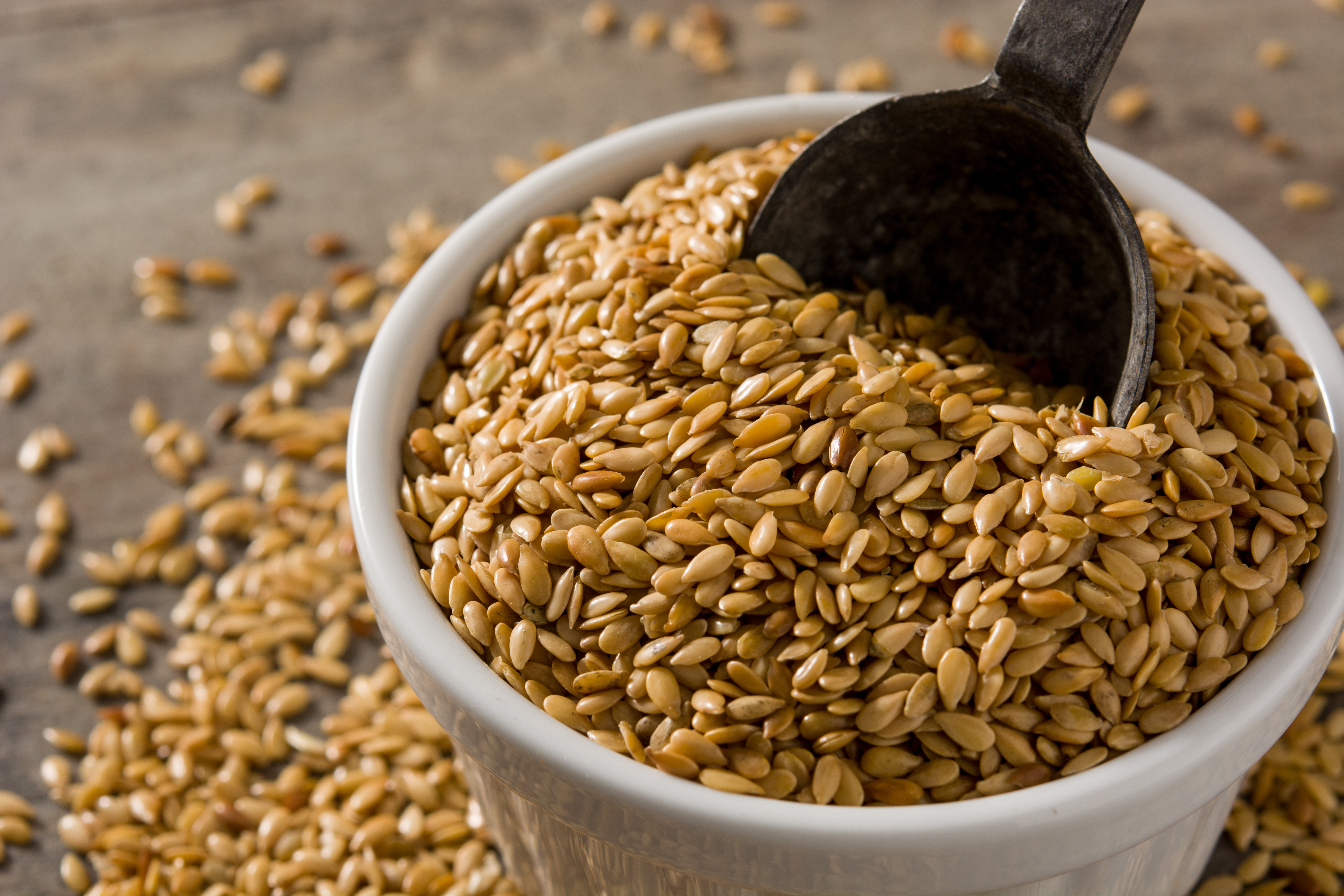
Flaxseeds are a rich source of omega-3 fatty acids, fiber, and lignans, making them a powerful ally in cholesterol management. The soluble fiber in flaxseeds binds to cholesterol in the digestive system, reducing its absorption and helping to lower LDL (bad) cholesterol levels. Meanwhile, the plant-based omega-3s—particularly alpha-linolenic acid (ALA)—help reduce inflammation and improve overall heart function. Lignans, unique polyphenols found in high concentrations in flaxseeds, also contribute to cardiovascular health by acting as antioxidants and supporting hormonal balance. Regular consumption of ground flaxseeds, whether added to smoothies, oatmeal, or baked goods, offers a simple yet effective way to support long-term heart health.
13. The Benefits of Berries: Nature’s Antioxidant Powerhouses

Berries, such as blueberries, strawberries, and raspberries, are rich in antioxidants, fiber, and essential nutrients, making them a powerful ally in cholesterol management. Their high levels of anthocyanins—a type of flavonoid—have been shown to reduce LDL (bad) cholesterol while protecting blood vessels from oxidative damage. The soluble fiber in berries also aids in binding cholesterol in the digestive tract, promoting its excretion from the body. Additionally, their anti-inflammatory properties support overall heart health and help maintain the integrity of arterial walls. Regularly incorporating a variety of berries into your diet—whether fresh, frozen, or in smoothies—can be a delicious and effective way to enhance cardiovascular wellness.
Incorporating these 13 under-the-radar superfoods into your diet can significantly boost your wellbeing by managing cholesterol levels effectively. Each of these superfoods offers unique properties that contribute to heart health, providing a natural and sustainable approach to cholesterol management. By making informed dietary choices and embracing a heart-healthy lifestyle, you can enhance your wellbeing and reduce the risk of heart disease. This guide has provided a comprehensive exploration of these superfoods, offering practical tips and insights to support your journey towards optimal health. Embrace the power of these superfoods and take a proactive approach to your heart health, paving the way for a healthier and happier life.
